Keywords: Jesuit Refugee Services
There are more than 24 results, only the first 24 are displayed here.
Become a subscriber for more search results.
-
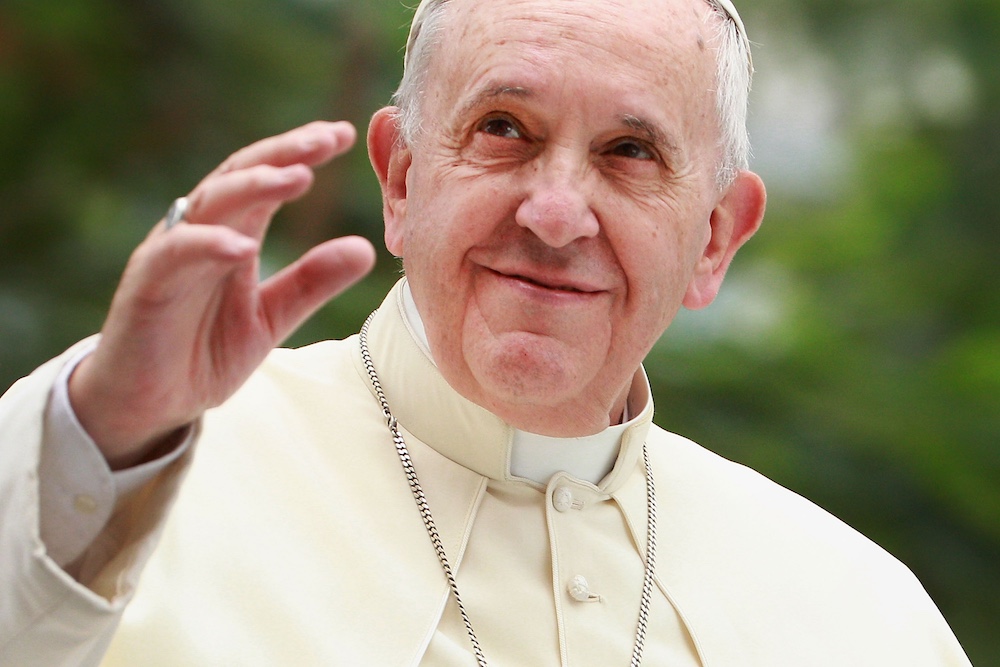
RELIGION
- Andrew Hamilton
- 22 April 2025
In a world that sees refugees and immigrants as a threat, disregards the victims of war, trashes the environment, rewards self-interest and cheapens religious faith, Pope Francis wept with those mistreated, pleaded their cause and radiated joy and hope.
READ MORE
-
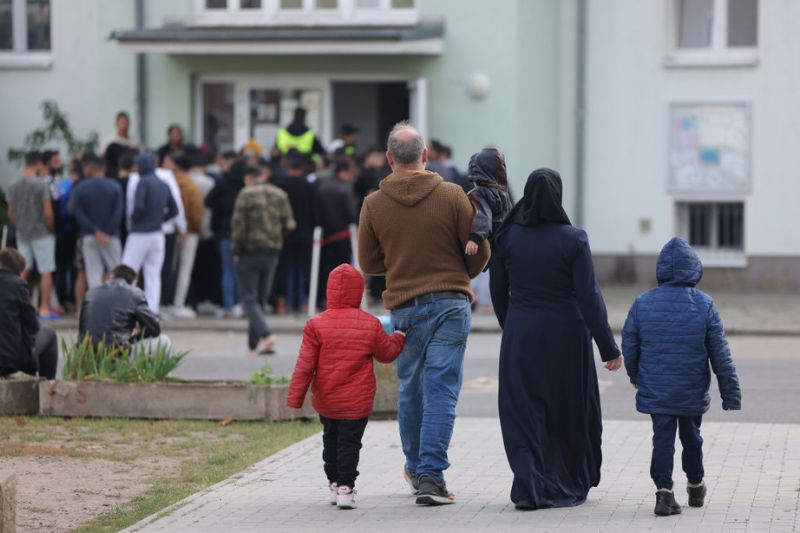
RELIGION
- Andrew Hamilton
- 16 April 2025
In the lead up to Easter, the story of a man welcomed with palms and crucified days later takes on renewed urgency. In an age of closed borders and hardened politics, the Easter message casts a sharp light on how we treat the stranger, the exile, and the dispossessed.
READ MORE
-
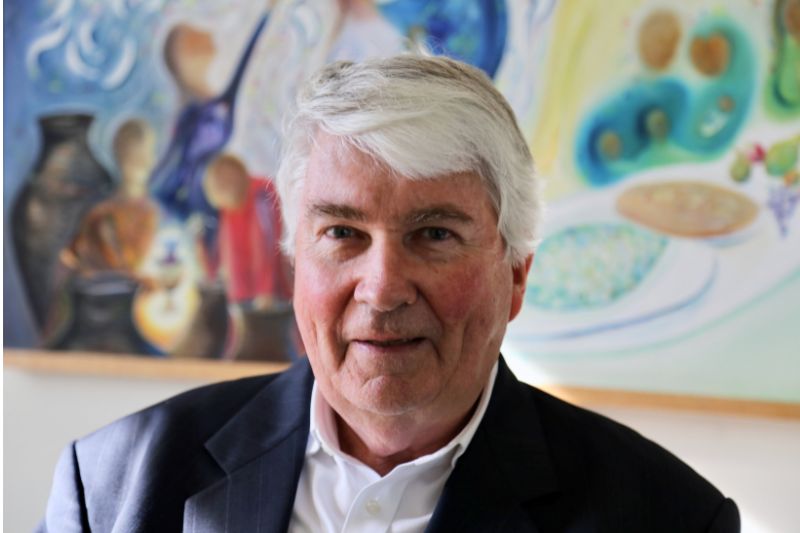
RELIGION
- Jim McDermott
- 13 March 2025
Frank Brennan wears his prominence lightly. A priest, lawyer, and tireless advocate for Indigenous rights and refugees, he is as at home in political corridors as he is at the dinner table, welcoming friends with stories and good cheer. Now, celebrating 50 years as a Jesuit, he reflects on faith, justice, and a life of service.
READ MORE
-
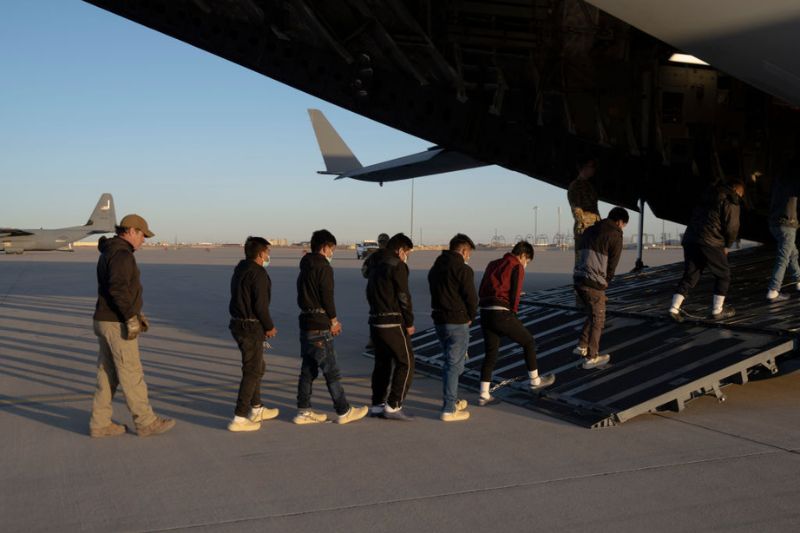
INTERNATIONAL
- Andrew Hamilton
- 30 January 2025
The United States' recent shift in immigration policy towards exclusions and deportations is a modern moral reckoning. It underscores the tension between a society’s right to regulate its borders and its responsibility to uphold the dignity of those who already call it home.
READ MORE
-

AUSTRALIA
- Andrew Hamilton
- 16 December 2024
At Christmas, the sacred and the secular seem locked together. Amid the tinsel and toasts, there’s a deeper narrative: one of radical generosity, shared humanity, and solidarity with the marginalised. This season invites not just celebration but reflection on who we are—and who we might become.
READ MORE
-

AUSTRALIA
- Andrew Hamilton
- 04 December 2024
Australia’s recent immigration detention laws reveal a stark shift in governance, prioritising power over human dignity. As families face indefinite separation and bureaucrats enforce policies with brutal efficiency, the High Court's rebuke offers a glimmer of ethical resistance. But can such laws truly claim legitimacy in a democratic society?
READ MORE
-

FAITH DOING JUSTICE
- Andrew Hamilton
- 23 September 2024
1 Comment
In prosperous times many people in developed nations are sympathetic to refugees and migrants and welcome them into their own societies. In hard times, however, xenophobia spreads.
READ MORE
-
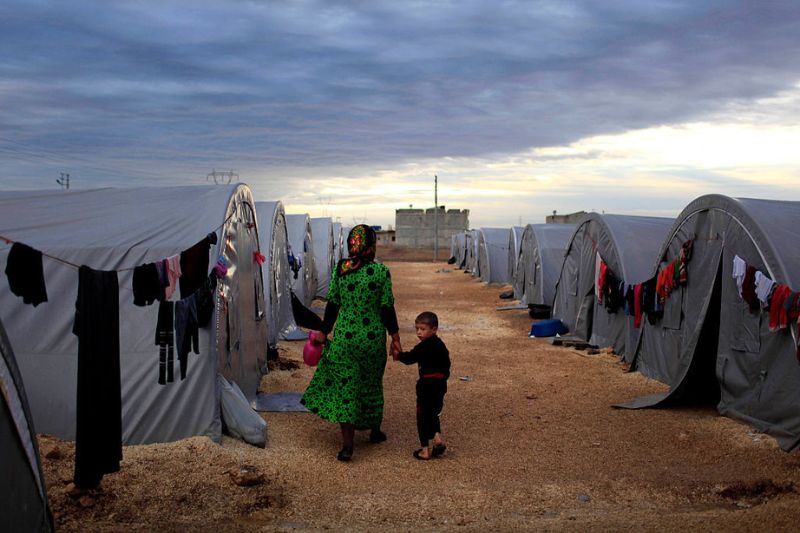
AUSTRALIA
- Andrew Hamilton
- 17 June 2024
2 Comments
Like all other persons, refugees cannot be defined in numbers. Nor can they be defined by their condition as refugees. They are human beings like us who belong to families, their hearts are free, and they long for the freedom to live human lives, to work and follow their dreams.
READ MORE
-
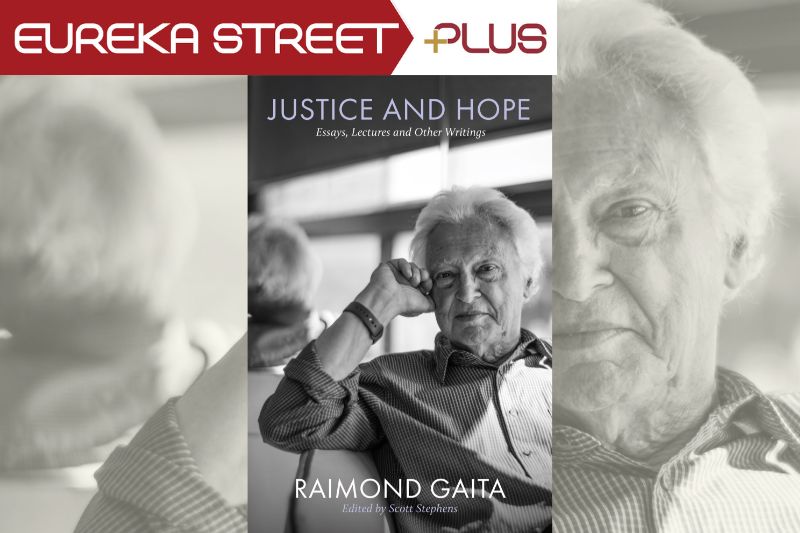
ARTS AND CULTURE
- Andrew Hamilton
- 07 June 2024
1 Comment
Raimond Gaita insists that there is something precious in each human being. He does not rest this conviction on a particular religious or philosophical grounding. It flows, rather, from a rich reading of human possibilities and questioning of the meaning of life.
READ MORE 
-

AUSTRALIA
- Andrew Hamilton
- 08 May 2024
3 Comments
With the Queensland Government changing the Youth Justice Act, detention of children will no longer be seen as a last resort, causing widespread dismay among youth justice advocates. It invites reflection on what we should expect when we advocate for a cause, ranging from climate change to perceived injustice, and how we should evaluate our efforts.
READ MORE
-
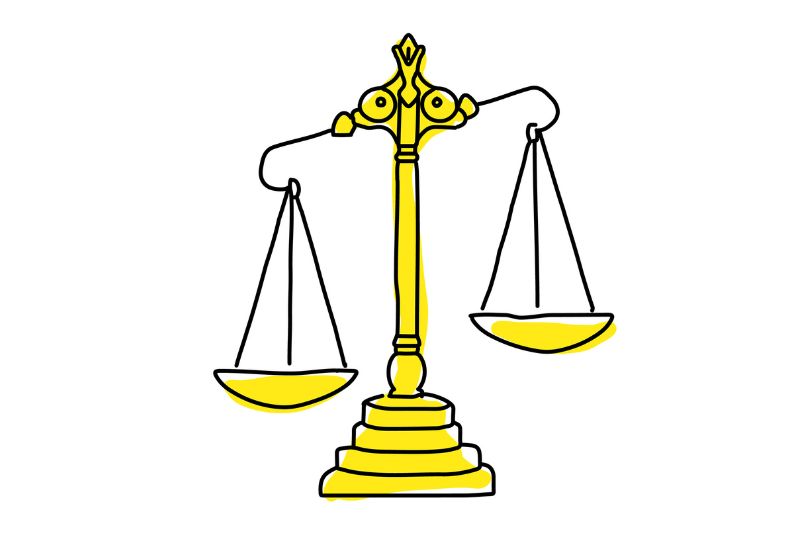
AUSTRALIA
- Andrew Hamilton
- 04 April 2024
1 Comment
This week, the Federal Government quickly introduced a new policy in response to a recent High Court decision that prevents them from indefinitely detaining a small number of individuals they wish to remove from Australia.
READ MORE
-
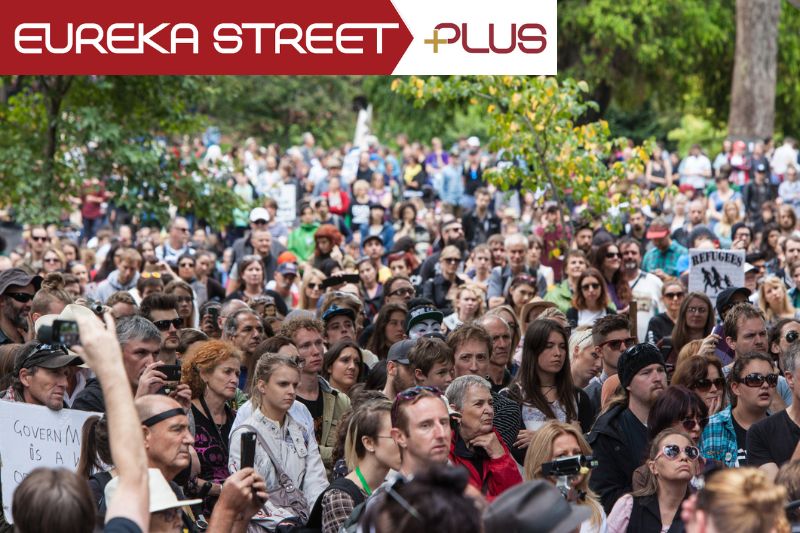
RELIGION
- Andrew Hamilton
- 27 March 2024
1 Comment
Palm Sunday stands at the intersection of the world of justice and goodness and the brutal political realities in human societies. It mocks the pretensions of power that considers only the expediency of actions and not the human reality of the people affected by them. At that intersection today, refugees lie in the centre.
READ MORE 